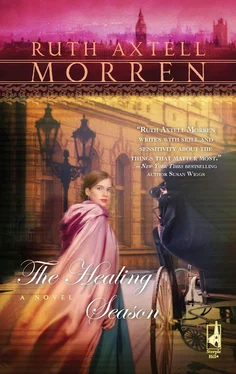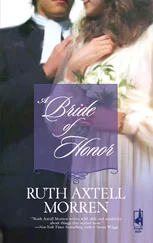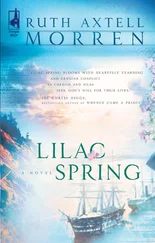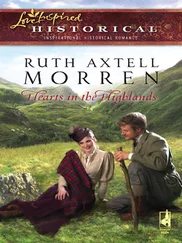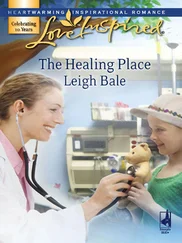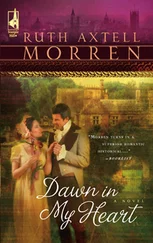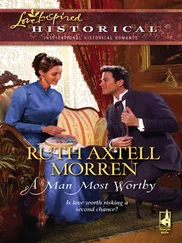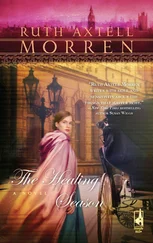Sitting down at his microscope, he began examining the different cultures he’d brought home with him from the dispensary.
Gangrenous matter, ulcerous tissue, a rotted tooth, a slice of a tumor he had cut out and preserved in alcohol. He stared at the tiny orbs moving about under the lens, the different striations, the tiny world brought to visibility under the specially ground lens. He stared fascinated, carefully describing each sample in the notebook at his side.
How did the tissues form abnormalities, the illness attack the healthy organs? These questions challenged the best physicians and surgeons of his day. He compared the healthy tissue to the diseased; he read every journal with the discoveries of his colleagues across the Channel. He thought back to the years he’d spent in France, visiting the large teaching hospitals, studying the effect of spacious wards and good ventilation.
He compared the diseases of the poor in the City with those of the wealthy.
He could only come to one conclusion. The filth and squalor of the living conditions of the poor contributed much to their illnesses and mortality rates.
As the clock struck midnight, Ian finally rose and stretched, realizing how little he knew—how little any of them knew.
When he’d put everything away, burning the putrid matter and washing his slides, he sat back down at his desk and drew forward his Bible.
He opened it to where he’d left off the previous evening and continued reading. The stories of Jesus’ earthly ministry never failed to fascinate him. A pastor, physician, teacher, exhorter, prophet—all in one man. The part of Ian that yearned to preach to the masses the way his father had, rescuing souls from eternal damnation, met the physician in him who wished to cure every bodily illness that caused such human suffering and premature death in the world.
“And the whole multitude sought to touch Him: for there went virtue out of Him, and He healed them all.”
Ian gazed at his own hands. Would that virtue flowed out of them to heal all he ministered to. Where had that healing power gone to since the days Jesus walked the Earth?
Despite the excitement of the new inventions, how paltry they seemed in light of the healing power of God. These instruments served to better illuminate disease, but they did nothing to hasten a remedy.
What had happened to the church in the intervening centuries that had caused the disappearance of the miracles of Jesus’ ministry?
Ian sighed as he closed his Bible. He had surgery tomorrow and must be up early. He needed to get some sleep.
First, though, he bowed his head and clasped his hands atop the black cover of his Bible.
Dear God, I thank You for Your hand on my life. Please continue guiding me in Your perfect will. His prayers turned to the more pressing cases he’d attended to that day and he prayed for each patient.
Another face kept intruding.
Dear Lord, I don’t know the state of Mrs. Neville’s soul. I don’t know why I keep thinking of her. Ian rested his head on his clasped hands. If it’s wrong, take the thought of her from me. Purify my thoughts of her. Let me see her as another soul that needs to know of Your goodness and mercy. Oh, God, make Yourself real to her. Bring her to repentance and salvation in Your dear Son, Jesus’, name.
Though his prayer had ended, thoughts of Mrs. Neville persisted for quite some time before he eventually fell asleep.
Eleanor and her daughter passed the fields at a brisk clip. The top of the carriage was pushed down to receive the afternoon sun. The two had just enjoyed an ice at a confectionary shop at the nearby village.
Eleanor gazed at her ten-year-old daughter in admiration. Sarah looked fetching in the new bonnet and parasol Eleanor had brought her. They matched Eleanor’s exactly.
Sarah had thought that stupendous. Now she twirled the parasol around, laughing in delight each time they passed a farmer in his field. She waved at all they rode by, human and animal alike.
The leaves on the poplars shading the lane were just beginning to fade from green to yellow.
“Oh, Aunt Eleanor, may we stop here for a moment,” she cried, pointing to a lovely willow-lined pond.
“Of course we may.” Eleanor immediately bade the coachman to pull over.
They descended the coach and waded through the tall grasses until reaching the pond. They found a dry bank to sit upon and watch the ducks swimming lazily across the dark water.
“Tell me again about my mama and papa,” Sarah said in the soft tone she always used when speaking of her real parents.
Eleanor looked down at the dark-eyed, dark-haired girl with the dimpled smile. How Eleanor loved that smile. She didn’t know whom Sarah took after, but she was eternally grateful she had nothing of her natural father’s looks—ugly, lecherous knave that he was.
Eleanor put her arm around the girl, who never tired of hearing the tale. “Well, let’s see…your mother, she was the most beautiful lady I ever met—even prettier than the most fashionable lady of the ton. She had your hair and eyes. How they sparkled when she smiled, just like yours.” She squeezed Sarah’s shoulders.
“More importantly, she was lovely inside, too, where it matters most.”
“And you were her best friend?” asked Sarah the way she always did at that point.
“Yes. Although she was about five years older than I, we became fast friends from the day we met. We told each other everything, just the way you and I do now. She was married when I first met her. She’d made the most brilliant match, a true love match. Why, it was more romantic even than Princess Charlotte’s to Prince Leopold.”
She could feel Sarah shiver beneath her arm. “Ooh! How romantic! How did they meet?”
“It’s funny, because in a way it was the same as the princess met the prince. Your father, too, came from a far-off land similar to Coburg. Transylvania, deep in the Carpathian Mountains.”
“Transylvania,” breathed Sarah. The very syllables sounded romantic.
“Count Otto von Ausberg from Transylvania was tall, dark and handsome. He had the bearing of a prince. Oh, did he look handsome in his gold-braided uniform, just like we saw Prince Leopold when he first came over to court Princess Charlotte!”
They smiled at the memory of seeing him beside Princess Charlotte, waving at the crowds from a balcony at Carlton House, when he was the Prince Regent’s special guest.
Eleanor sighed to heighten the drama of the tale. “Alas, your papa was a poor, impoverished nobleman like Prince Leopold when he first came to London.
“Your mama’s parents, on the other hand, were ever so rich. They disapproved of a match between your parents. But your mama and papa were so very much in love. Finally, they were forced to run away together. They were poor, but so happy together.
“I never saw a couple as happy as they—until they had you!” She turned to Sarah. “You can’t imagine any more joy, but there it was. When you arrived, they were even more full of joy.”
Sarah’s smile disappeared. “But then came the sad part.”
“Yes, my dear, then came the sad part. They both died from an awful outbreak of fever that year. Your mother first then, within a week, your father. I had taken you away at the first sign of illness. Your mother begged me to. She didn’t want you catching it, you were such a wee baby.”
“Why didn’t you keep me as your own?”
“Oh, my dear, how I wish I could have, but I was just a girl myself. I had no husband. So I did the next best thing I could. I found a couple for you to stay with. Mama and Papa Thornton could offer you a nice home and family until someday you would be grown up enough to come and live with me. Since the day I brought you here, I’ve come and visited you every week.”
Читать дальше
